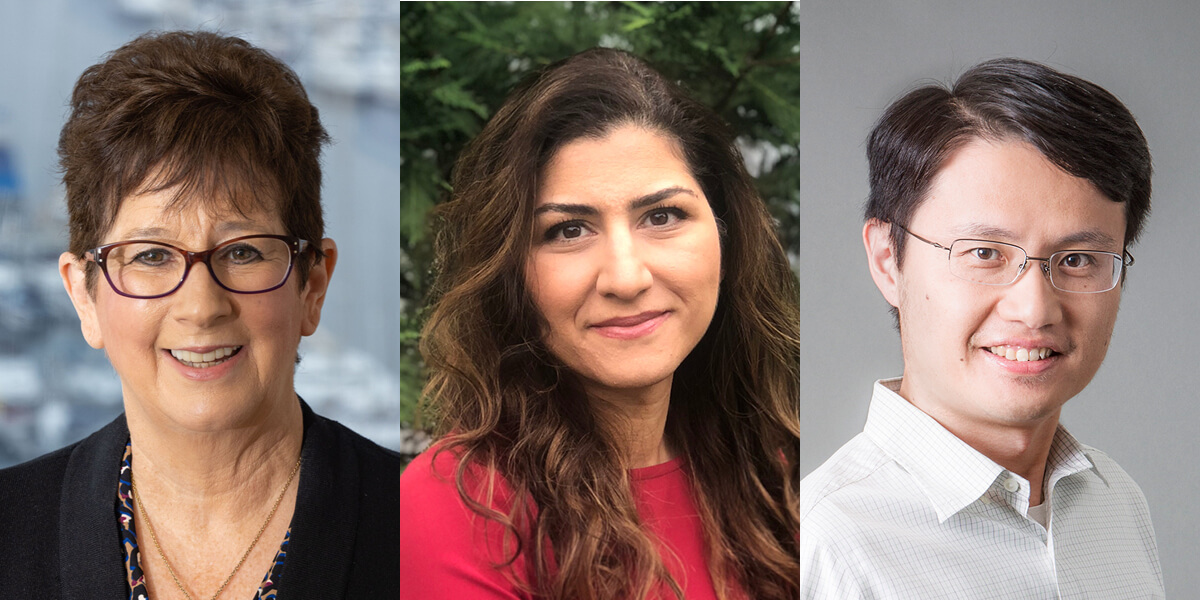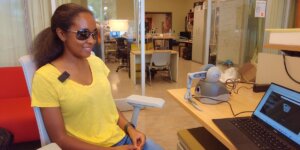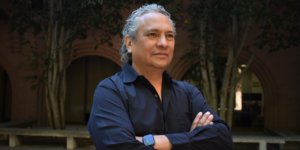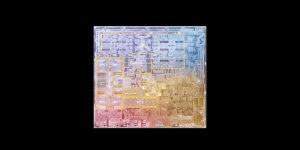
USC’s three honorees as 2024 IEEE Fellows: From left, Terry Benzel of the Information Sciences Institute; and Maryam Shanechi and Mike Shuo-Wei Chen of the Ming Hsieh Department of Electrical and Computer Engineering.
The Institute of Electrical and Electronics Engineers (IEEE) has elevated three USC Viterbi School researchers to the rank of IEEE Fellow for 2024: Mike Shuo-Wei Chen and Maryam Shanechi, both of the Ming Hsieh Department of Electrical and Computer Engineering, and Terry Benzel of the Viterbi School’s Information Sciences Institute.
Chen was recognized for “contributions to data converter architectures and clock generation techniques”; Shanechi for “contributions to brain-machine interfaces”; and Benzel for “leadership in establishing the field of cybersecurity experimentation.”
Each year the IEEE, the largest global technical professional organization for the advancement of technology, tasks a committee with selecting a group of recipients for elevation to IEEE Fellow. Less than 0.1% of voting members are chosen annually. The distinction is reserved for members whose extraordinary accomplishments in any of the IEEE fields of interest — engineering, computer cciences and information technology, physical sciences, biological and medical sciences, mathematics, technical communications, education, management, and law and policy — merit elevation. Here’s a list of all the 2024 fellows.
Mike Shuo-Wei Chen
Chen said he and his team developed various data converter architectures over the years, including one called asynchronous SAR ADC when he was a PhD student, and “it has been widely adopted in industry. People are using that analog-to-digital converter architecture because you can run it on very low power, and also potentially it can run at very high speed.”
Nearly all electronic systems need a clocking mechanism, to orchestrate transistors for the intended function. That’s something Chen has been working on, and which industry is very interested in. “How do you generate a clock with very high quality?” he asked. “That’s really what people are after: Coming up with the highest possible fidelity clock with the lowest possible cost.” He and his team developed various clocking schemes and calibration algorithms to achieve this goal.
Maryam Shanechi
Shanechi, who is Dean’s Professor and Founding Director of the new USC Center for Neurotechnology, works at the interface of AI, control theory, and neuroscience to develop brain-machine interfaces (BMIs) for treatment of neurological and mental health conditions. She has pioneered a new generation of BMIs that could help treat mental health conditions by modeling, decoding, and regulating abnormal brain signals. Toward this goal, her work has achieved the decoding of mood from brain signals and successfully modeled the effect of deep brain stimulation therapy on these signals. She has also developed novel AI algorithms for brain signals that can infer brain states accurately and in real-time.
Of being elevated to IEEE Fellow, she said: “I am very honored to be recognized as an IEEE Fellow. As a PhD student at MIT EECS, I was working on decoding wireless communication signals at first, but soon got fascinated by the brain and decided to decode the brain’s mysteries. I hope that our neurotechnologies can one day help millions of patients with brain disorders.”
Terry Benzel
“It’s exciting to be recognized for a major contribution to the field,” said Benzel, who is director of the Networking and Cybersecurity Division at ISI. For two decades, she has led DETER (DEfense Technology Experimental Research Laboratory), an advanced testbed facility where researchers and academics conduct critical cybersecurity experimentation and educational exercises.
“We built out the infrastructure, but more importantly, we created a community,” she said. “The community includes thousands of researchers, tens of thousands of students who’ve been taught using DETER, and has led to countless publications and Ph.D. theses.” With new funding from NSF, DETER is transitioning to SPHERE (Security and Privacy Heterogeneous Environment for Reproducible Experimentation), which for Benzel means, “now we have the opportunity to really take it to the next generation by adding in privacy, and different kinds of specialized hardware and tests.”
Benzel’s enduring commitment and the collective efforts of her teams have yielded substantial strides in the field of cybersecurity experimentation, and have significantly influenced cutting-edge research in the field of cybersecurity.
Published on January 12th, 2024
Last updated on January 12th, 2024













